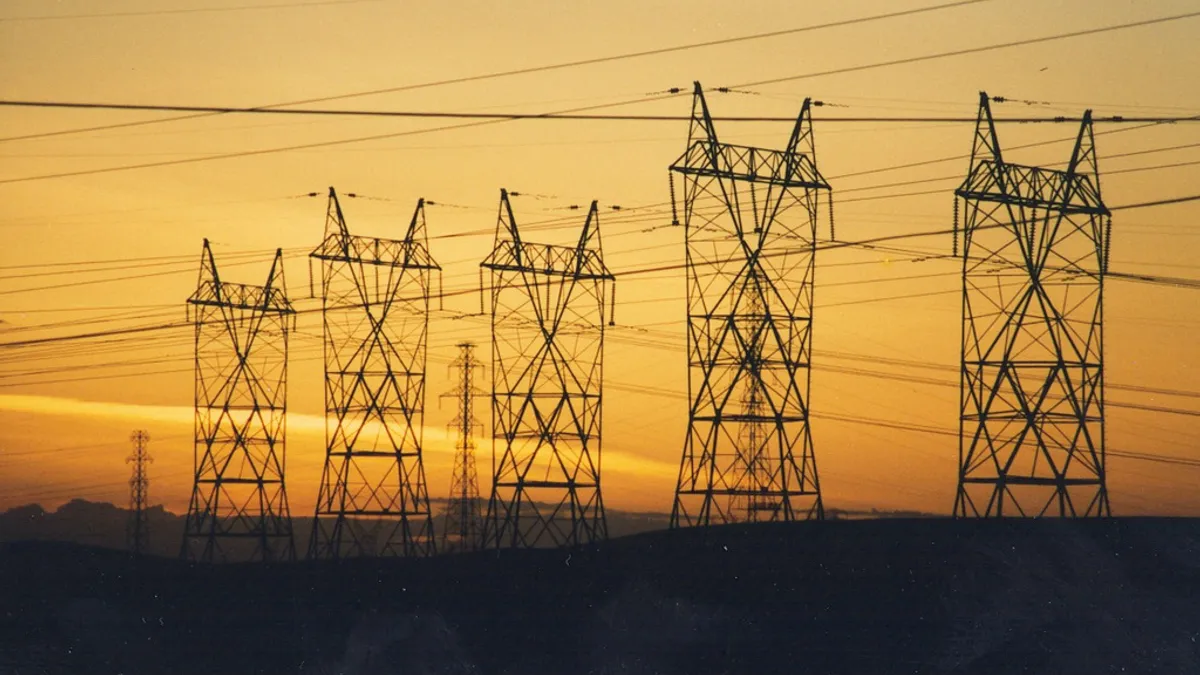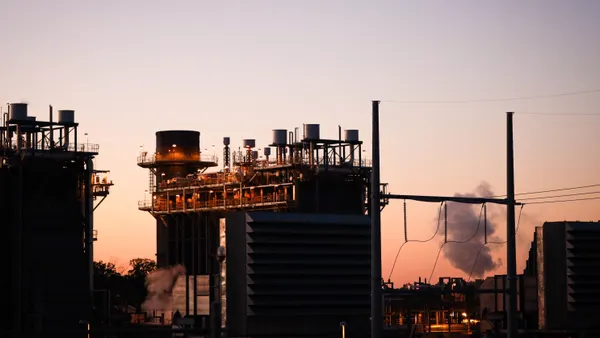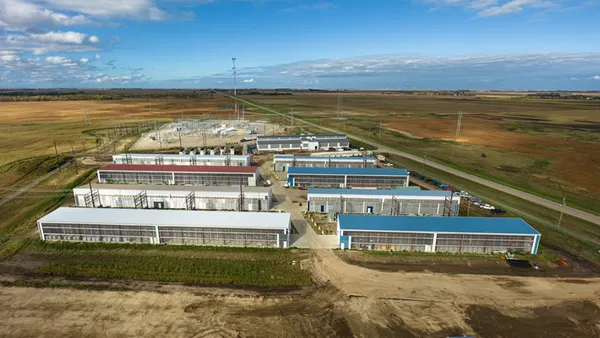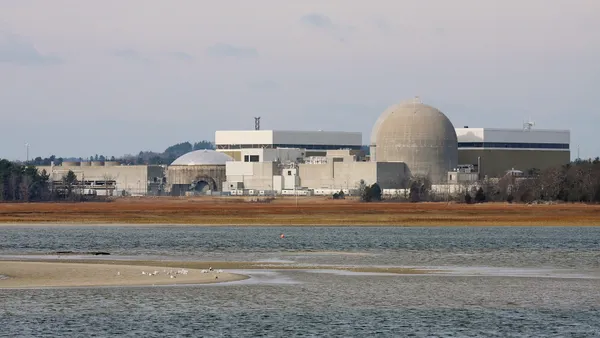Dive Brief:
- The White House's proposal to sell off the Bonneville Power Administration and Tennessee Valley Authority has found few supporters, and now Moody's Investors Services has determined the move would be credit negative.
- In a note published yesterday, Moody's said both the BPA and TVA are "operated well from a reliability and cost standpoint," and that selling the assets would likely mean higher rates for customers.
- This is the second time President Trump has proposed selling public power assets, and there has been previous talk of privatizing TVA, but there is little interest in Congress which would need to approve the deals.
Dive Insight:
If President Trump's idea to sell TVA and BPA hasn't made too many headlines, that's because he made the same proposal last year, but Congress declined to act on it. According to one of the major credit ratings agencies: the power authorities are well-run, and are doing a good job keeping customer rates low.
The White House justifies selling BPA and TVA by arguing that transmission ownership is best handled by the private sector. That could be true, says Moody's, but the organizations' history still makes it unnecessary.
"We believe that TVA’s and BPA’s assets have operated well from a reliability and cost standpoint. We also believe that any divestiture is likely to raise transmission rates for BPA and TVA customers because the new private owners would have higher capital costs that would need to be recovered in rates," Moody's concluded.
The ratings agency said there have been other proposals to privatize TVA in the last 10 years, but "none has been
seriously pursued by Congress."
Both TVA and BPA have solid, stable ratings. Moody's grades TVA at Aaa stable, and BPA at Aa1 stable. But a sale of the power authorities would be credit negative for each of them.
"It would reduce transmission related revenue, a stable revenue source and weaken federal government support, key considerations that support their respective ratings," the agency said.
Based in the Pacific Northwest, BPA markets wholesale electrical power from 31 federal hydroelectric projects and several power plants. BPA provides about 28% of the electric power used in the Northwest. Neither BPA nor TVA receive funds from the federal government.
TVA serves 9 million people in parts of seven southeastern states. Its reliability is almost perfect and its rates remain well below federal averages, the utility said in a statement addressing the sale proposal.
Separately, TVA is facing scrutiny over its spending, and allegations of "extravagant" purchases including two jets and a helicopter. The Southern Alliance for Clean Energy, along with officials from the Tea Party and NAACP,, have called for the resignation of CEO Bill Johnson.The utility has responded the owning aircraft is the safest and cheapest option to navigate its large service territory.














